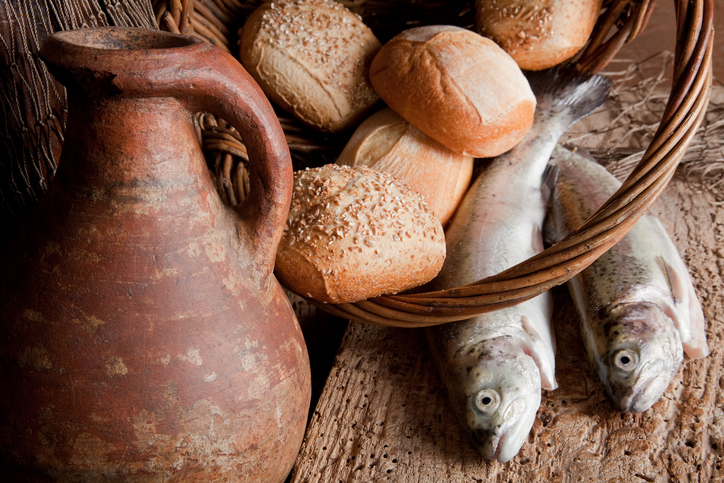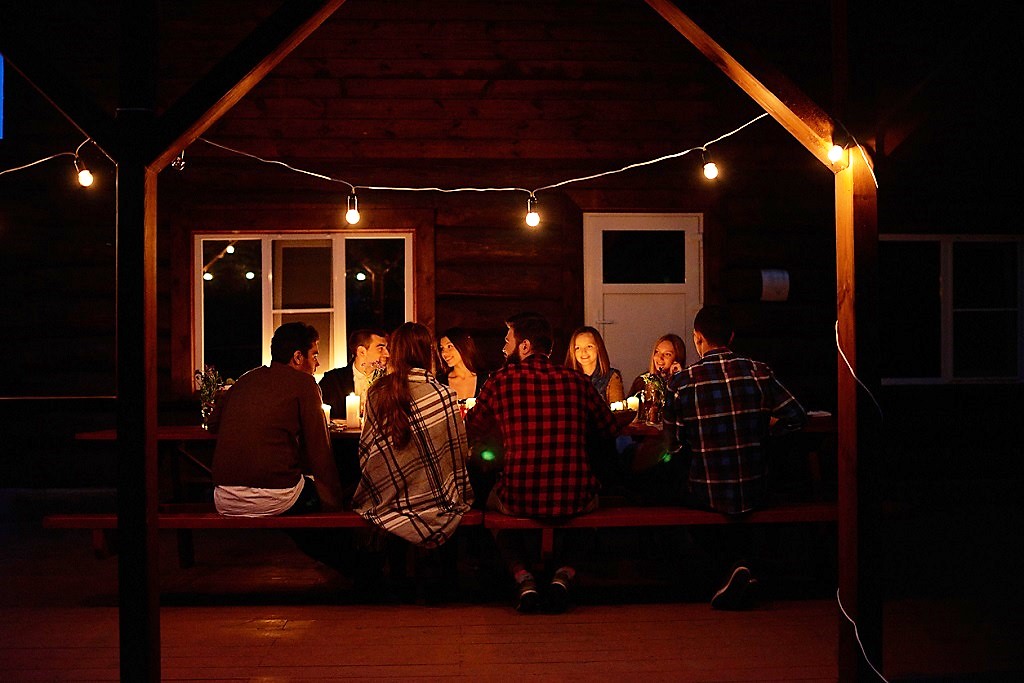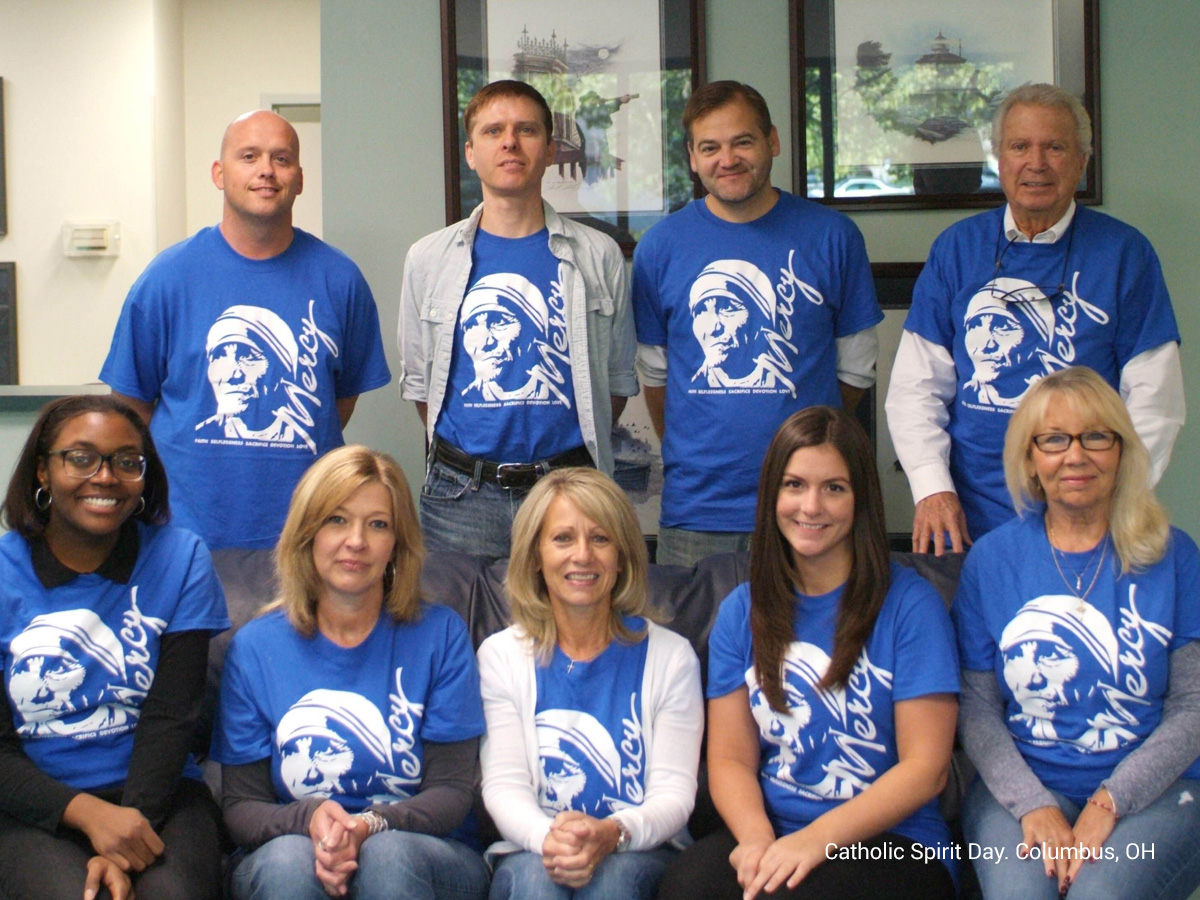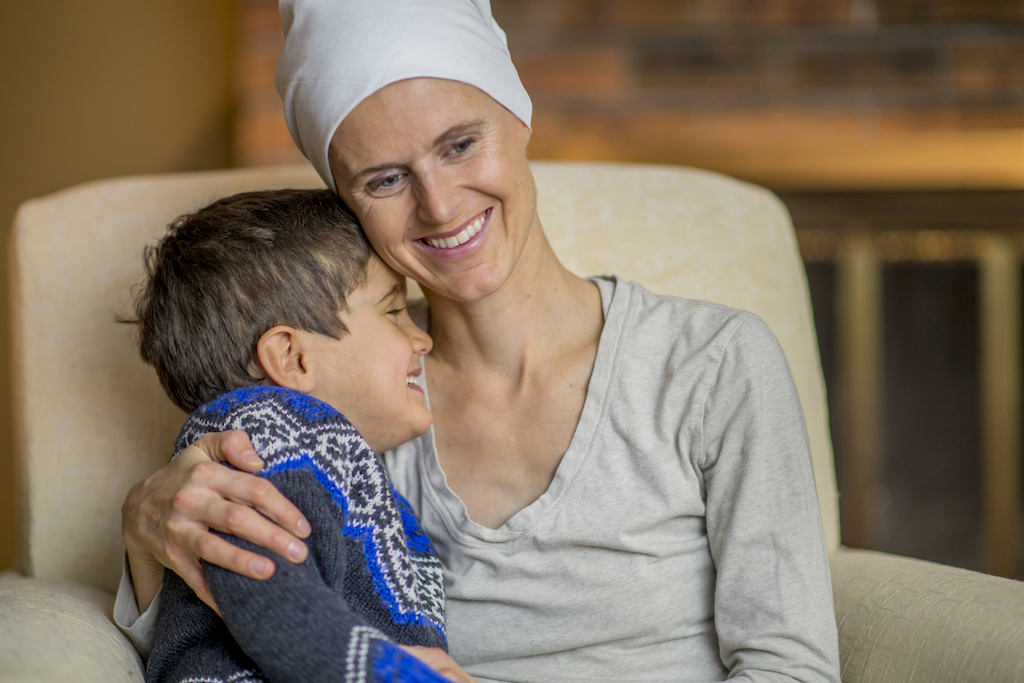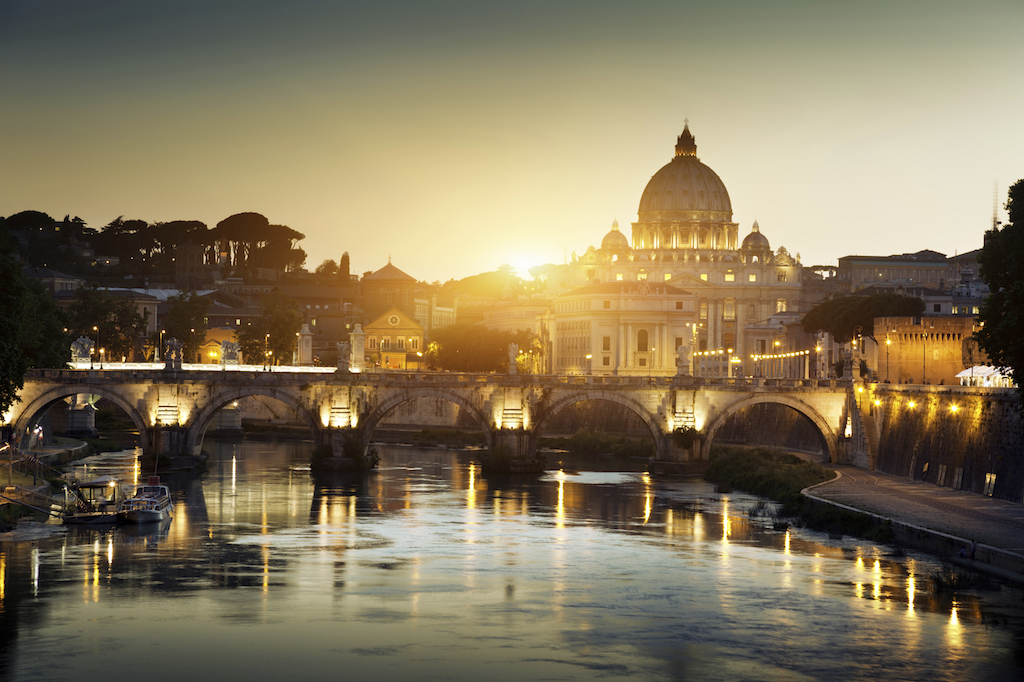Hola todos, es lunes de nuevo. Otro comienzo de una nueva semana, aunque mi papá diría que “cada día es el comienzo del resto de tu vida”. Esta es una de esas citas que uno oye tan a menudo que comienza a descartarla sin reconocer completamente su intención y significado real. Cuando la oyes, inmediatamente interrumpes diciendo “Sí, sí, sí, cada día es el comienzo del resto de mi vida. Lo sé”.
Si soy honesto con ustedes, reaccioné de la misma manera a los Diez Mandamientos en las lecturas de hoy. Es decir, la lectura comenzó, reconocí los Diez Mandamientos y comencé a recordarlos mientras pensaba en silencio: “Sí, sí, sí, no asesinar o robar. Ir a la iglesia. Lo sé”.
Odio decirlo, pero he oído los Mandamientos tantas veces que han perdido su significado más profundo para mí. Me digo a mí mismo que porque sigo las palabras literales de los mandamientos, debo ser un buen católico. Si salgo de mi negación, sé que los Mandamientos van más allá del mero significado. Sé que hay mucho más para entrar en el Reino de los Cielos que solo seguir diez reglas. Por ejemplo, en la lectura del Evangelio de hoy, Jesús no dijo que el Hijo del Hombre separaraba a los ladrones de los honestos. En su lugar, separa a aquellos que actuaron por amor a los extraños de aquellos que pecaron y simplemente evitaron el pecado.
No voy a endulzar esto. Las lecturas de hoy son pesadas. Nos recuerdan que somos responsables de todas nuestras acciones, así como de todas nuestras inacciones (esas ocaciones en las que no hacemos nada). Nos recuerdan que lo que hacemos aquí en la tierra nos seguirá en nuestro camino hacia el objetivo final del Reino de Dios.
Hay mucho más que simplemente no ser un asesino. Evitar el pecado y seguir los Diez mandamientos literalmente no es lo mismo que vivir el mensaje de Dios. Al igual que Jesús, debemos salir y difundir su Santa Palabra a través de nuestras acciones.
Honrar a tus padres. Ser una pareja fiel. ¿Pero por qué no mostrar ese mismo tipo de amor y respeto al resto de la humanidad? Cada día se nos da la oportunidad de mostrar amor y respeto alimentando a los hambrientos, dando de beber a los sedientos, acogiendo a los extraños, arropando a los desnudos, cuidando a los enfermos y visitando a los que están en la cárcel, pero elegimos no hacerlo.
Así es, es más fácil leer por encima las lecturas (o incluso este blog) que auto-reflexionar, pero tengo un reto para ti: ignora tus justificaciones, no los Diez Mandamientos. Ignora tu orgullo, no a la gente que te rodea. Sé más que un católico “lo suficientemente bueno” y elige amar activamente a los extraños.
Para adentranrse más profundamente en lo que realmente cubren los Diez Mandamientos has clic aquí. Ya que ya has empezado a hacer un Examen de Conciencia, tómate el tiempo para comenzar la primera semana completa de Cuaresma confesándote. Si ha pasado mucho tiempo, aquí hay una guía sobre cómo ir a la confesión.
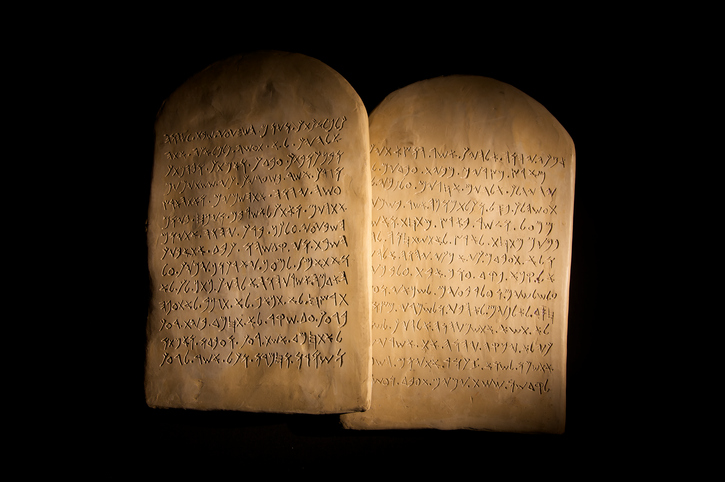
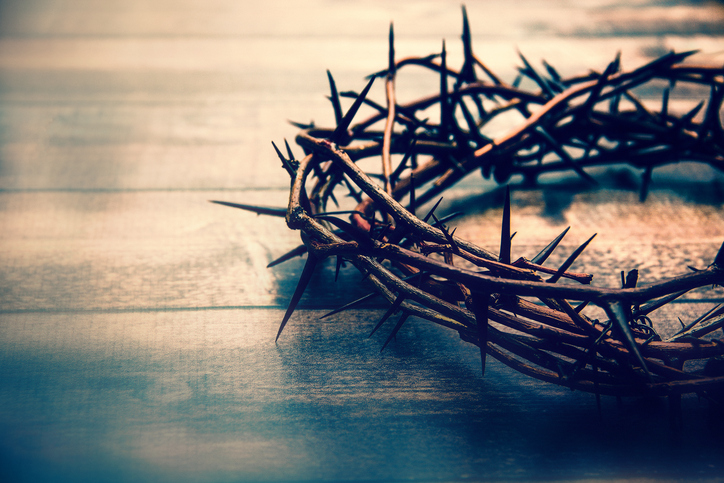

 CatholicMom.com was started by Lisa Hendey in 2000 to create a community for Catholic parents to share insights on living their faith with their family. The website has grown substantially over the years to become a rich resource for all Catholics seeking spiritual enrichment for their families. It continues to provide fresh perspectives from the enriching columnists and contributors with daily articles and reflections as well as book and tech recommendations.
CatholicMom.com was started by Lisa Hendey in 2000 to create a community for Catholic parents to share insights on living their faith with their family. The website has grown substantially over the years to become a rich resource for all Catholics seeking spiritual enrichment for their families. It continues to provide fresh perspectives from the enriching columnists and contributors with daily articles and reflections as well as book and tech recommendations.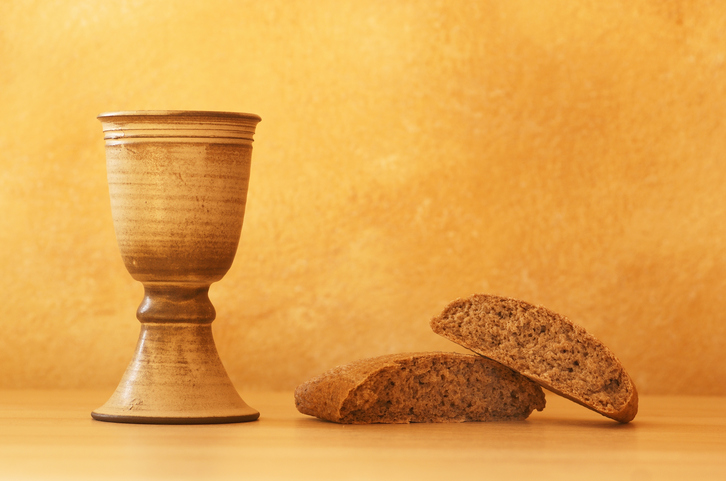
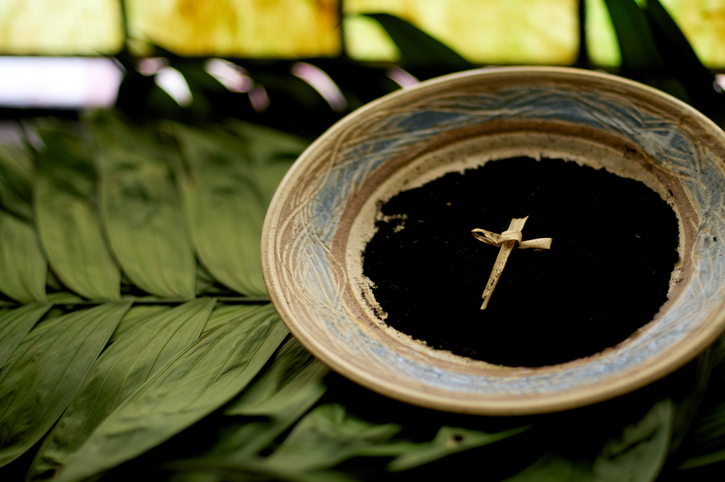
 As Diocesan Publications’ Solutions Evangelist, Tommy is committed to showing parish and diocesan staffs how to use our communication tools to their best advantage. He has worked for years in various, youth ministry, adult ministry, and diocesan roles. As an expert on Catholic communication, Tommy uses his parish and diocesan experiences to help you make your ministry effective. To bring Tommy to your parish or for general inquiry, contact him at
As Diocesan Publications’ Solutions Evangelist, Tommy is committed to showing parish and diocesan staffs how to use our communication tools to their best advantage. He has worked for years in various, youth ministry, adult ministry, and diocesan roles. As an expert on Catholic communication, Tommy uses his parish and diocesan experiences to help you make your ministry effective. To bring Tommy to your parish or for general inquiry, contact him at 